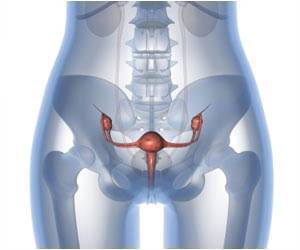In situ is a Latin phrase translating to “on site,” meaning that the cancer is localized and has not spreadsometimes referred to as stage 0 or pre-cancer.
Although DCIS is confined to the breast, it is often treated because if left alone, some DCIS cells may change to become invasive cancer cells that are capable of spreading.
DCIS carries a good prognosis and rarely progresses to cancer; it is important to understand patients’ wishes concerning treatment.
Some may want to undergo surgery, others may prefer non-surgical medical interventions, and still others may choose to take a “watch and wait,” or active monitoring, approach.
To examine the clinical and psychosocial impact of a DCIS diagnosis, researchers administered a one-time web-based survey with open-ended questions to patients with DCIS. Data from 1,832 respondents were analyzed.
When diagnosed, patients were often uncertain about whether they had cancer or not, and whether they should be considered a survivor.
Patients also often questioned the appropriateness of the amount of treatment they received. Participants expressed concern about the cancer spreading or becoming invasive, and that they were not necessarily doing enough to prevent recurrence.
“Our findings build on previous studies that have also reported on the ambiguity around the nature and prognosis of DCIS,” said Dr. Rosenberg, ScD, MPH, of Weill Cornell Medicine in New York City.
Providers should seek every opportunity to understand each patient’s unique experience and provide education and other forms of support to promote their overall well-being.
Source: Medindia



